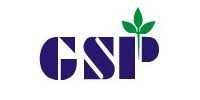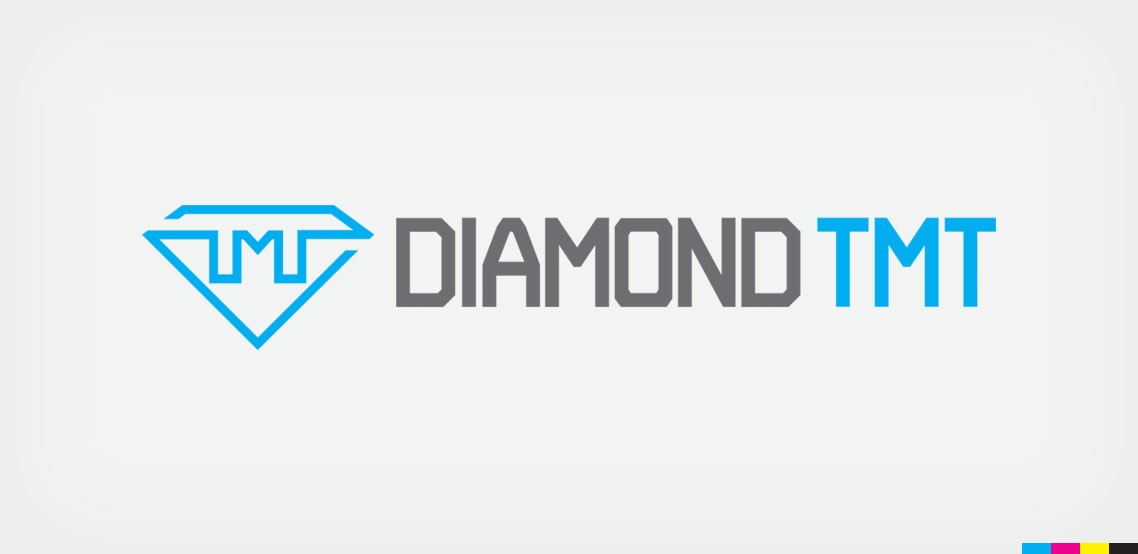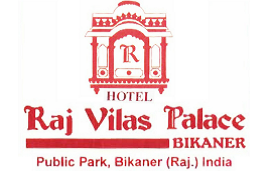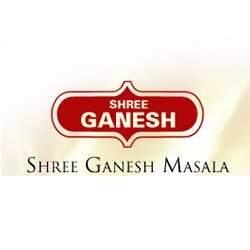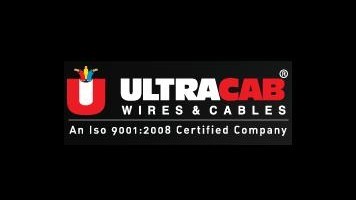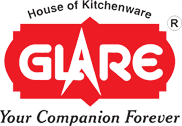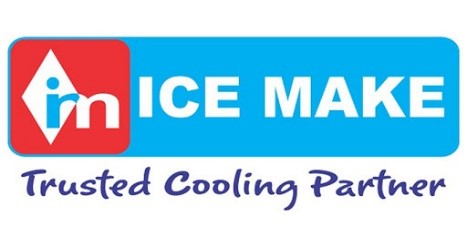Patel Field Marshal Agencies and Ors. (Appellants) Vs. P.M. Diesels Ltd. and Ors. (Respondent)
The relevant question that was raised in the case:
In a situation where a suit for infringement is pending wherein the issue of validity of the registration of the trade mark in question has been raised either by the Plaintiff or the Defendant and no issue on the said question of validity has been framed in the suit or if framed has not been pursued by the concerned party in the suit by filing an application to the High Court for rectification Under Sections 111 read with Section 107 of the Trade and Merchandise Marks Act, 1958, whether recourse to the remedy of rectification Under Sections 46/56 of the 1958 Act would still be available to contest the validity of the registration of the Trade mark??
To discuss the scheme of the trademark law for the purpose of the issue in this case, the Court observed two contrary judgement were referred in detail:
The Delhi High Court in the case of Astrazeneca UK Ltd. and Anr. v. Orchid Chemicals, took the view was that while cases falling in the Section 124 (1) of the Trademarks Act, 1999 the Civil Court dealing with infringement suit would be obliged to adjourn the proceedings and await the outcome of the rectification proceedings; and
The Madras High Court in B. Mohamed Yousuff v. Prabha Singh Jaswant Singh and Others, took the contrary view and held that Section 124 (i) and (ii) operate at two different levels and in two different situations. The Court held that both the sub clauses focus their field of operation only with regard to the stay of suit of infringement and the same does not deal with the discretion of the court to permit or not to permit the rectification the filing of the rectification application. The High Court was of the view that Section 124 (i) and (ii) does not disclose that the provision of 1999 Act mandates a party to just obtain permission/ leave of the court to file a rectification application, which is a statutory right, vested by the Act and cannot be curtailed by any other provisions of the Act.
The Supreme Court also considered the full bench judgement of the Delhi High Court, wherein it took the view that the provisions of Section 124 (3) of the Act should be interpreted to mean that if rectification proceedings are not filed within the period stipulated under Section 124 (3) of the 1999 Act, or any extended period, the issue of invalidity of the registered trademark would not survive to be decided and the said plea would be deemed to have been abandoned.
Therefore, after the discussion, the Court held that: “all questions with regard to the validity of a Trade Mark is required to be decided by the Registrar or the High Court or the IPAB and not by the Civil Court. The decisions will bind the Civil Court. In a case where the issue of invalidity is raised or arises independent of a suit, the prescribed statutory authority will be the sole authority to deal with the matter. However, in a situation where a suit is pending (whether instituted before or after the filing of a rectification application) the exercise of jurisdiction by the prescribed statutory authority is contingent on a finding of the Civil Court as regards the prima facie tenability of the plea of invalidity.














